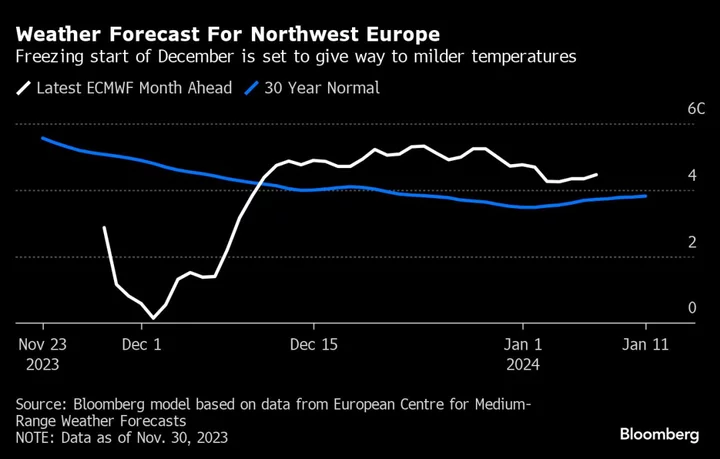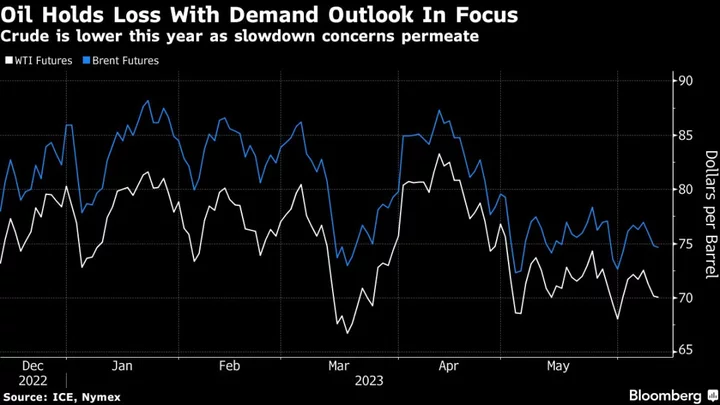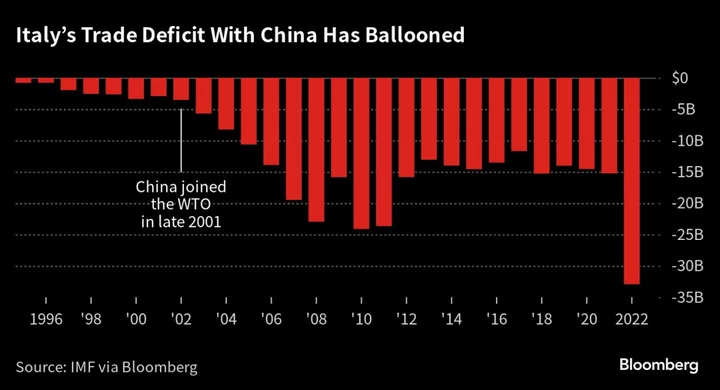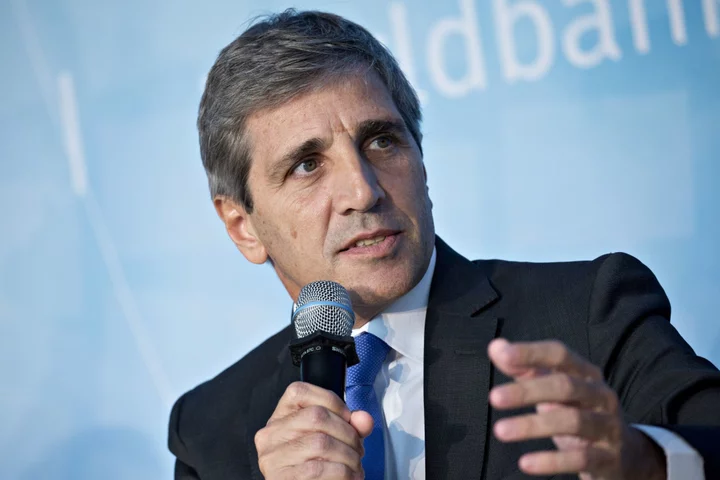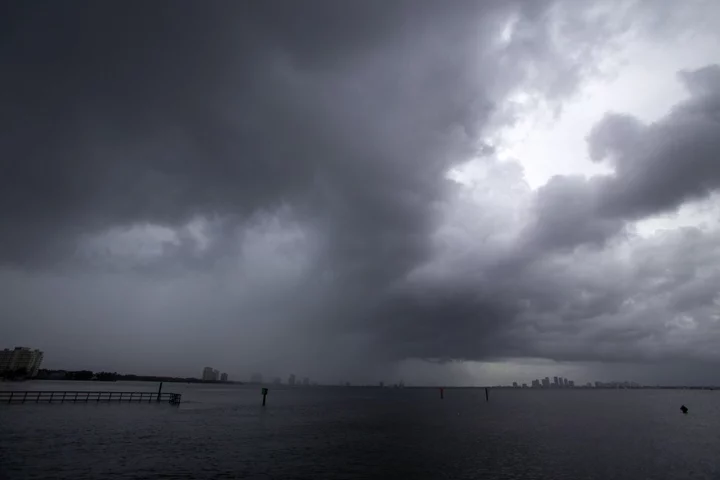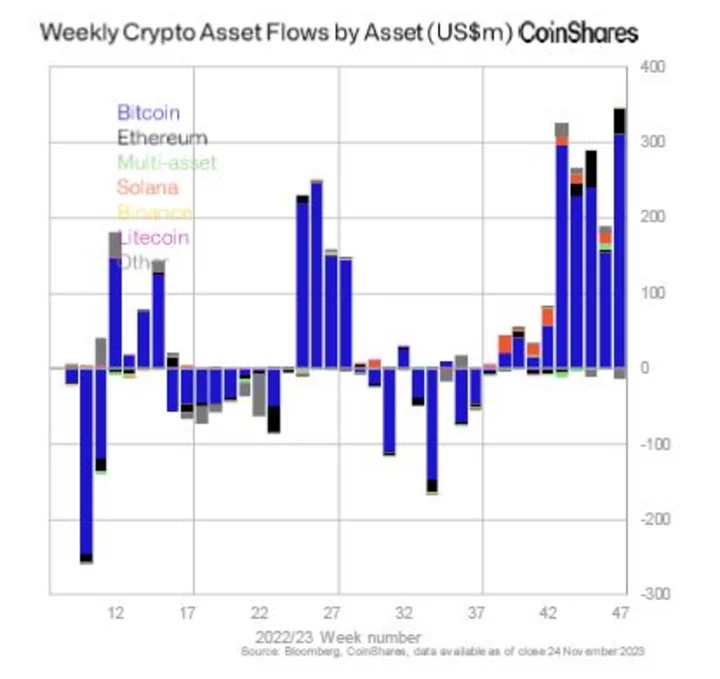Europe’s icy start to December is forecast to give way to milder conditions as the month progresses, providing relief to the region’s energy systems.
Above-average temperatures are expected for the UK, France and Germany, while extreme cold will linger across Scandinavia and northern Scotland, according to meteorologists surveyed by Bloomberg. Spain, Turkey and the Balkans are also expected to be warmer than usual.
“That said, brief bouts of cold air intrusion into western and central Europe cannot be ruled out, especially so in the days leading into January,” according to Matthew Dross, a meteorologist at forecaster Maxar Technologies Inc.
The outlook for a mild December comes after an unusually warm autumn delayed the start of Europe’s heating season, preserving stockpiled gas. Climate change has made 2023 the hottest year on record, with intensifying heat waves triggering wildfires, storms and flooding.
Read More: UN Declares 2023 the Hottest Year Ever, Even With a Month to Go
Sub-zero weather early in December will boost energy demand at a time when wind-power generation is expected to be low, according to Amy Hodgson from forecaster Atmospheric G2. While power consumption is set to remain relatively subdued, with sluggish economic activity across the region, supply shocks can still disrupt the region.
Britain’s grid operator asked households to reduce electricity usage on Friday evening, the second time this week, as freezing weather and low wind generation squeezes supply.
Read more: Nuclear Failures Send Nordic Power Prices to Highest Since March
Rising temperatures from the second week of the month will also coincide with stronger winds, Hodgson said.
Further north, freezing temperatures hit Scandinavia earlier than usual and are expected to continue through most of the month, according to Håkon Mjelstad at Oslo’s Meteorologisk Institutt.
“From mid-December there is a possibility for lows from southwest, bringing moist and warmer air to our region, but most likely still colder than normal,” Mjelstad said.
However, most of Europe will see temperatures near or above the historic average this winter, according to Jonathan Porter, AccuWeather’s chief meteorologist.
Read More: Europe’s Key Winter Forecast Affirms Unseasonably Warm Outlook
“Early cold into the start of December, turns around, especially in central and northeast Europe,” Porter said. “Southeast Europe can be near average,” which means less energy will be used, he said.

